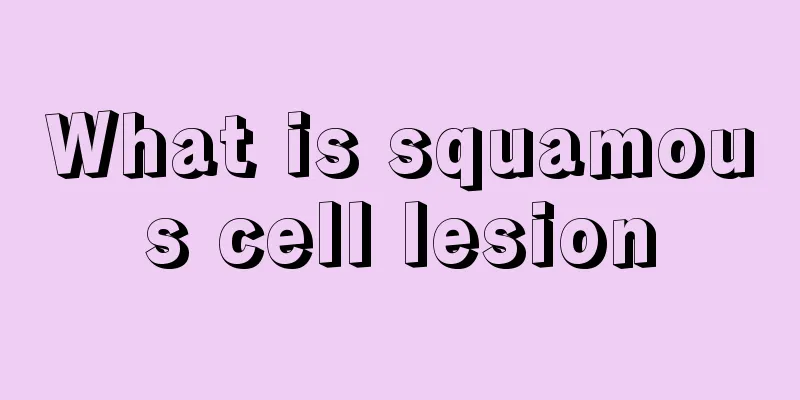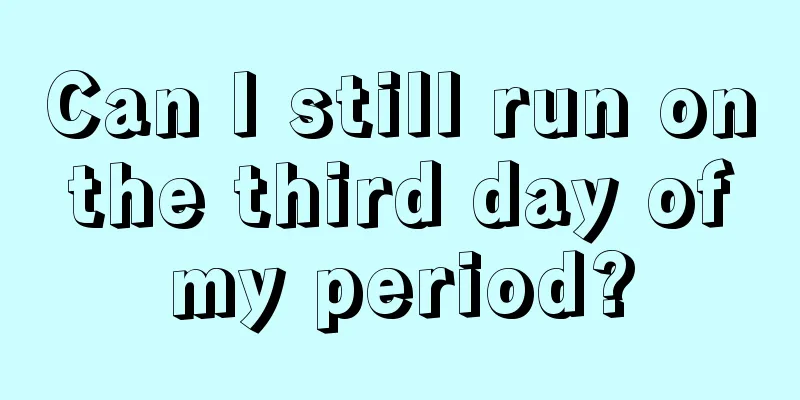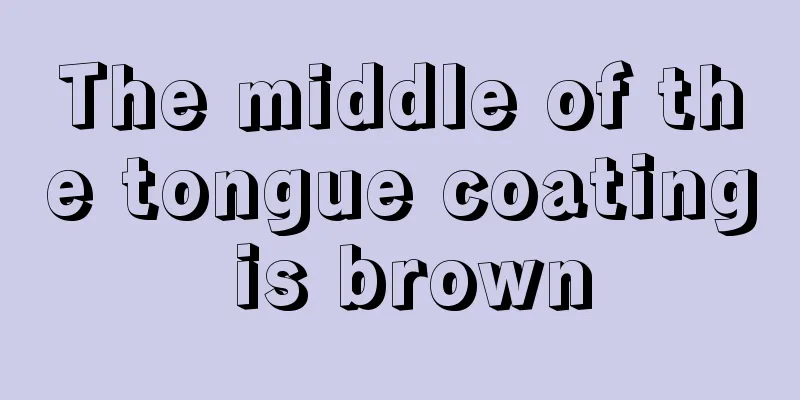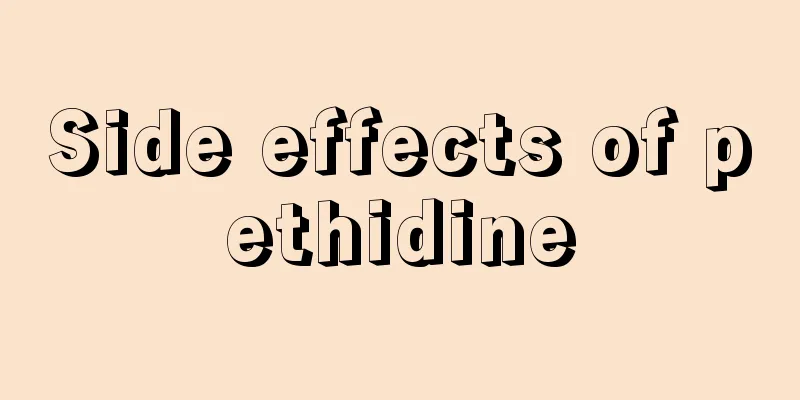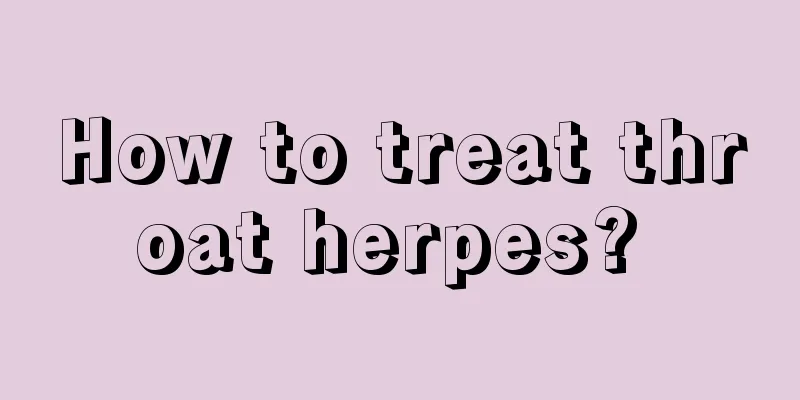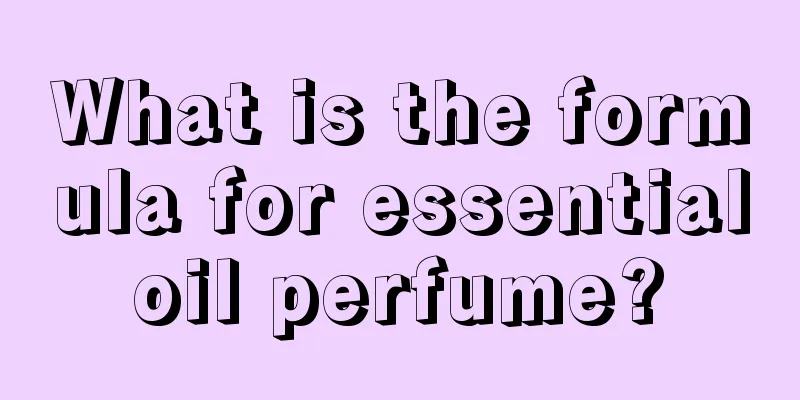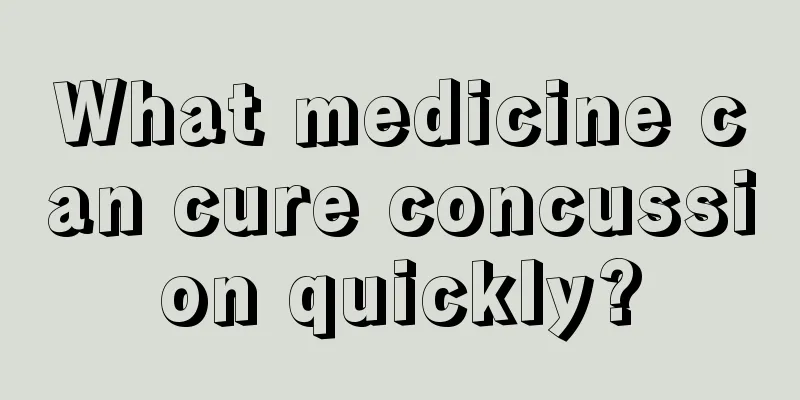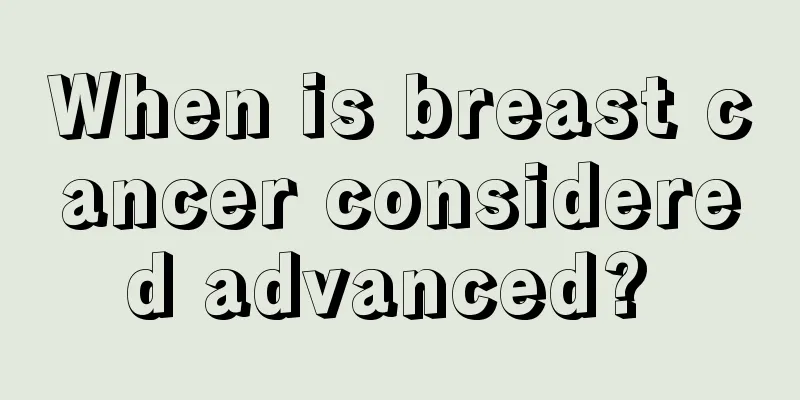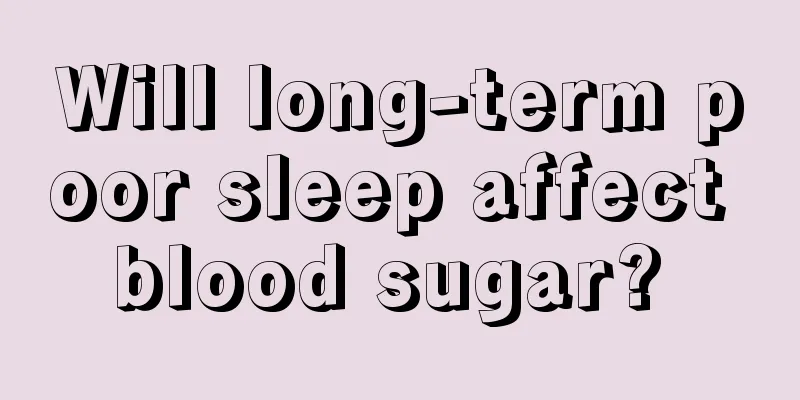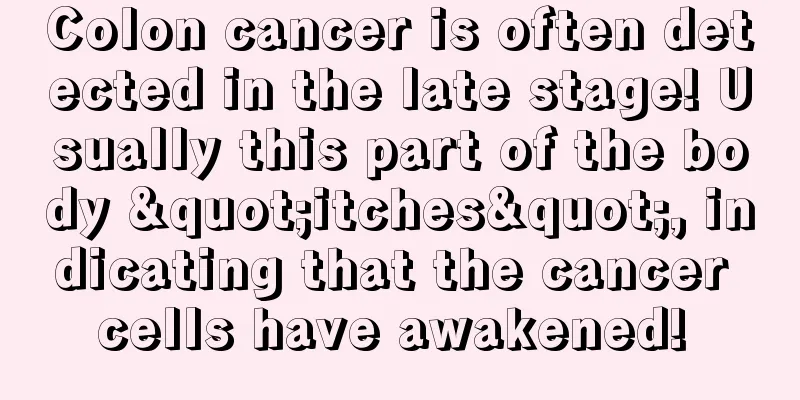Suspension of study due to depression
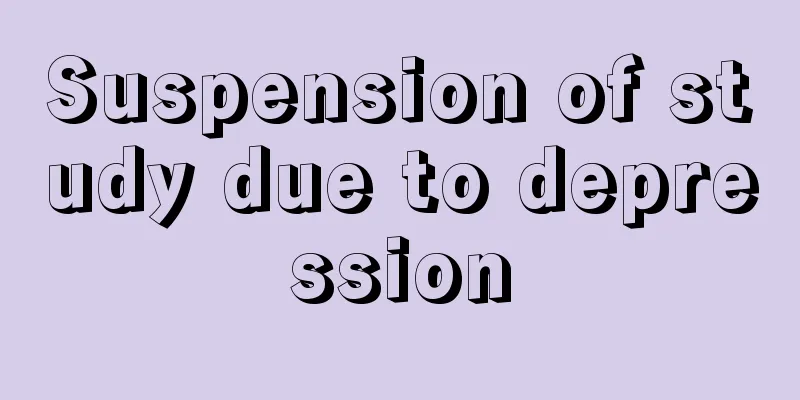
|
Depression is a common mental problem. Many people suffer from depression due to excessive stress. The incidence of depression is quite wide. For example, many students will suffer from depression due to excessive study pressure and need to take a leave of absence from school. Of course, it is necessary to take a leave of absence from school to adjust your mental state, and of course certain treatments are also needed to completely cure this disease. 1. Treatment goals The treatment of depressive episodes should achieve three goals: 1. Improve the clinical cure rate and minimize the disability and suicide rates. The key is to completely eliminate clinical symptoms; 2. Improve the quality of life and restore social functions; 3. Prevent relapse. 2. Treatment principles ① Individualized treatment; ② Gradually increase the dose, and use the minimum effective dose as much as possible to minimize adverse reactions and improve medication compliance; ③ Adequate dose and sufficient course of treatment; ④ Use a single medication as much as possible. If the effect is not good, consider switching treatment, enhancing treatment or combined treatment, but pay attention to drug interactions; ⑤ Informed consent before treatment; ⑥ Closely observe changes in the condition and adverse reactions during treatment and deal with them in a timely manner; ⑦ Can be combined with psychological treatment to increase efficacy; ⑧ Actively treat other physical diseases, substance dependence, anxiety disorders, etc. that co-occur with depression. 3. Drug treatment Medication is the main treatment for moderate or severe depressive episodes. Currently, the first-line antidepressants in clinical practice mainly include selective serotonin reuptake inhibitors (SSRI, represented by drugs fluoxetine, paroxetine, sertraline, fluvoxamine, citalopram and escitalopram), serotonin and norepinephrine reuptake inhibitors (SNRI, represented by drugs venlafaxine and duloxetine), norepinephrine and specific serotonergic antidepressants (NaSSA, represented by drug mirtazapine), etc. The use of traditional tricyclic and tetracyclic antidepressants and monoamine oxidase inhibitors has been significantly reduced due to their significant adverse reactions. 4. Psychotherapy For patients with depressive episodes with obvious psychosocial factors, psychotherapy is often required in combination with drug treatment. Commonly used psychotherapy methods include supportive psychotherapy, cognitive behavioral therapy, interpersonal therapy, marital and family therapy, psychodynamic therapy, etc. Among them, the effectiveness of cognitive behavioral therapy for depressive episodes has been recognized. 5. Physical therapy In recent years, a new physical therapy method has emerged - repetitive transcranial magnetic stimulation (rTMS) therapy, which is mainly suitable for mild to moderate depressive episodes. |
Recommend
Do you know the location of the ECG leads?
Electrocardiogram is a common examination item in...
What's wrong with toothache and eye pain
Toothache and eye pain are both common clinical p...
Pain in the back of the calf
Exercising for a long time or encountering any un...
What medicine should I take for a headache caused by drinking?
Many people have the bad habit of alcoholism. If ...
Symptoms of back ligament strain
The human body has ligaments, which are very impo...
My ears hurt when I wear earplugs
Many young children like to listen to music with ...
The danger of doubling hcg and lowering progesterone
There is a danger of doubling hcg and decreasing ...
Can winter melon and pumpkin be eaten together
In daily life, melon and pumpkin are two common f...
How to Remove Ballpoint Pen Stains
Ballpoint pens are very commonly used in daily li...
What is the reason for the black back of the neck
Many times, people will find that their neck is v...
What are the dangers of cross syndrome
Upper body examination syndrome is a very common ...
What are the advantages and disadvantages of washing your face with sugar
I believe everyone is very familiar with white su...
Can I have sex at 30 days of pregnancy?
When women are in the middle stage of pregnancy, ...
What are the effects of moxibustion on Yintang
Moxibustion is a popular health-preserving method...
What are the contents of kidney cancer prevention?
To prevent kidney cancer, you need to do the foll...
